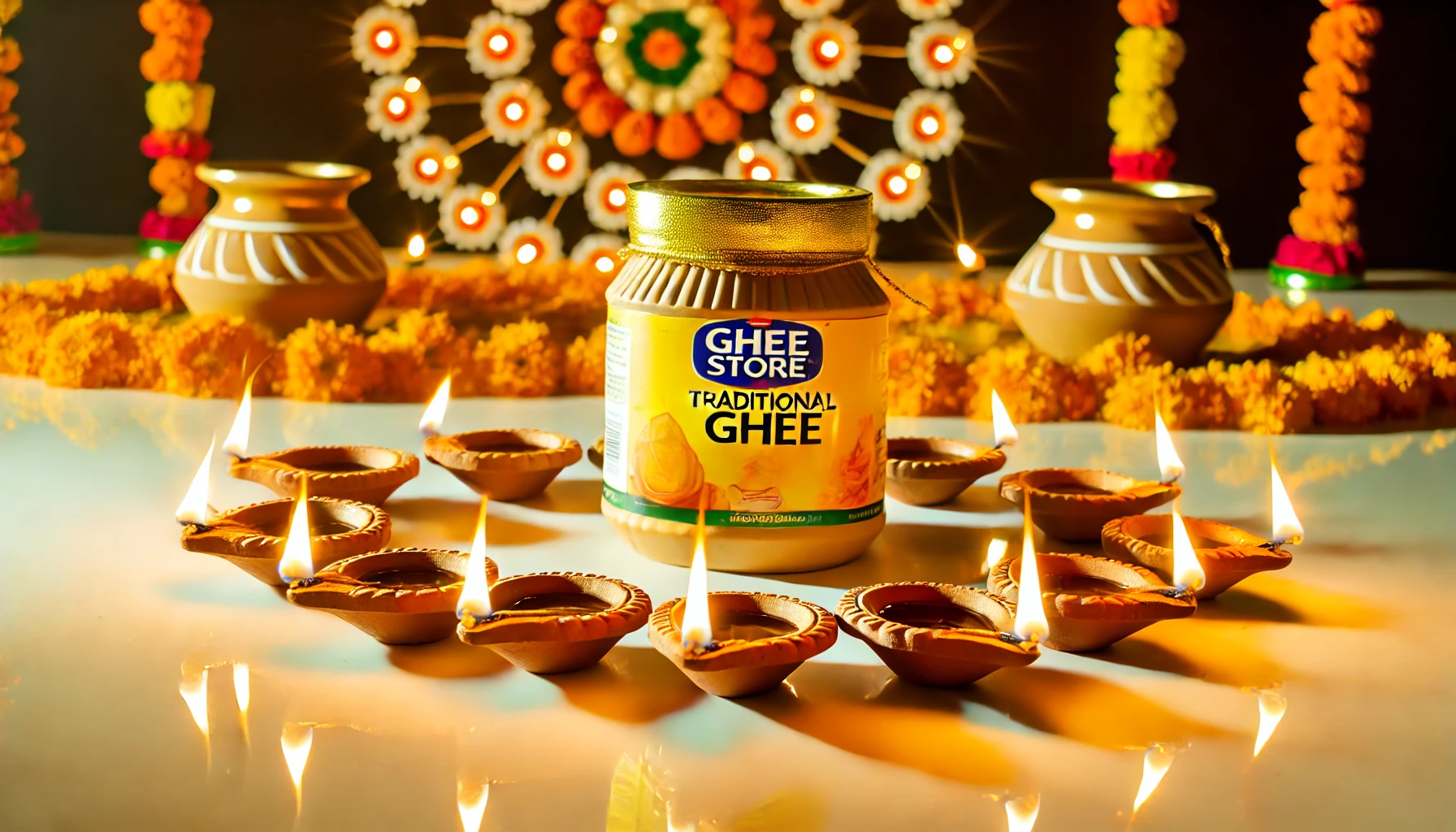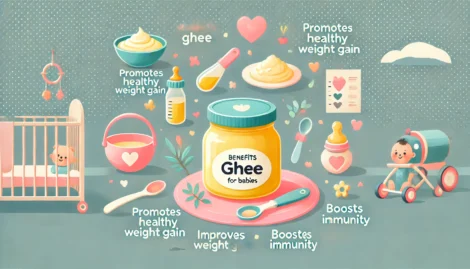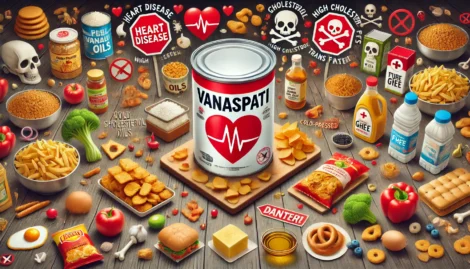- You have no items in your shopping cart
- Subtotal: ₹0.00

Diwali Date (Deepavali/Deepawali): 2024 to 2048, for the Next 25 Years
Diwali, also known as Deepavali or Deepawali, is one of the most widely celebrated festivals in India. It is a festival of lights, symbolizing the victory of light over darkness and good over evil. Diwali’s significance transcends religious lines, celebrated primarily by Hindus, Sikhs, Jains, and Buddhists. The Diwali date changes each year because it is based on the Hindu lunar calendar. In this blog, we will explore the Diwali dates for the next 25 years, the factors that determine the Diwali date each year, and the significance of Diwali across different traditions.
Diwali Date 2024 to 2048, for the Next 25 Years
Here are the dates for Diwali from 2024 to 2048. These dates correspond to Amavasya (new moon day) in the Hindu calendar month of Kartika.
2024 – Thursday, October 31
2025 – Monday, October 20
2026 – Friday, November 6
2027 – Tuesday, October 26
2028 – Sunday, November 12
2029 – Thursday, November 1
2030 – Tuesday, October 22
2031 – Sunday, November 9
2032 – Friday, October 29
2033 – Wednesday, October 18
2034 – Monday, November 6
2035 – Saturday, October 26
2036 – Wednesday, November 11
2037 – Sunday, November 1
2038 – Friday, October 22
2039 – Tuesday, November 8
2040 – Monday, October 28
2041 – Saturday, October 17
2042 – Thursday, November 5
2043 – Tuesday, October 25
2044 – Sunday, November 12
2045 – Friday, November 3
2046 – Wednesday, October 23
2047 – Monday, November 11
2048 – Saturday, October 30
These diwali dates may vary slightly based on the lunar calendar and the observer’s geographical location. Diwali is celebrated over five days, but the main festival occurs on Amavasya or the new moon day, which is the darkest night of the Hindu calendar month of Kartika.
How Is the Diwali Date Determined?
The date of Diwali is not fixed because it is based on the Hindu lunar calendar, which differs from the Gregorian solar calendar. The Hindu calendar is based on lunar cycles, and thus the dates for festivals such as Diwali shift each year. Diwali date is celebrated on the 15th day of the Kartika month, which usually falls between mid-October and mid-November.
Diwali date is observed on the Amavasya (new moon day), and the festival takes place during the darkest night of the month of Kartika. The exact day of Diwali can vary slightly depending on the lunar phase and geographical location.
The Hindu lunisolar calendar consists of twelve months, and the length of each month varies depending on the cycle of the moon. Each lunar month is divided into two halves:
- Shukla Paksha (the bright fortnight), which begins with the new moon and ends with the full moon.
- Krishna Paksha (the dark fortnight), which starts after the full moon and ends with the new moon.
Diwali date takes place on the last day of the Krishna Paksha, on Amavasya, making it the darkest night of the lunar month. The date of Diwali date shifts due to the lunar cycles and can vary by region, but it always takes place during the new moon in Kartika.
Why Is Diwali Celebrated?
Diwali is one of the most significant festivals in India, and its celebration varies across different cultures and religions. It symbolizes the victory of good over evil and light over darkness. Each region and religion may have its own mythological interpretations of Diwali, but the essence remains the same.
1. Diwali in Hinduism
In Hinduism, Diwali holds multiple meanings depending on the region:
- Northern India: Diwali celebrates the return of Lord Rama, his wife Sita, and his brother Lakshmana to their kingdom, Ayodhya, after 14 years of exile and defeating the demon king Ravana. The people of Ayodhya lit lamps to guide them back home, marking the triumph of good over evil.
- Southern India: The festival commemorates Lord Krishna’s victory over the demon Narakasura, symbolizing the defeat of evil forces.
- Western India: In Gujarat, Diwali is associated with Goddess Lakshmi, the goddess of wealth and prosperity, and marks the start of a new financial year.
- Eastern India: In West Bengal, Diwali coincides with Kali Puja, which celebrates Goddess Kali, the fierce goddess who destroys evil forces.
2. Diwali in Jainism
For Jains, Diwali is a significant religious occasion that marks the nirvana (enlightenment) of Lord Mahavira, the 24th Tirthankara. Mahavira attained moksha (liberation) on Diwali, and it is one of the most revered festivals in Jainism. The festival is celebrated with lights, fasting, and prayers for spiritual advancement.
3. Diwali in Sikhism
For Sikhs, Diwali holds historical significance. It commemorates the release of the sixth Sikh Guru, Guru Hargobind, from the Gwalior Fort by the Mughal Emperor Jahangir. The day is also referred to as Bandi Chhor Divas, which means “Day of Liberation.” Sikhs light up Golden Temple in Amritsar to celebrate Diwali, and the day is marked with prayers, feasting, and fireworks.
4. Diwali in Buddhism
Among Newar Buddhists in Nepal, Diwali is celebrated as part of the Tihar festival. This version of the festival honors Lakshmi and is seen as a time to celebrate family, ancestors, and animals like cows and dogs. While it is not a Buddhist religious festival per se, the lights and rituals are similar to those observed by Hindus.
The Five Days of Diwali
Diwali is typically celebrated over five days, with each day having its own significance and customs:
- Day 1 – Dhanteras: The festival begins with Dhanteras, a day dedicated to Dhanvantari, the god of health, and Lakshmi, the goddess of wealth. On this day, people clean and decorate their homes, purchase gold or silver, and pray for prosperity and health.
- Day 2 – Naraka Chaturdashi: Also known as Choti Diwali, this day commemorates the victory of Lord Krishna over the demon Narakasura. People wake up early, take a holy bath, and engage in rituals to ward off evil.
- Day 3 – Lakshmi Puja (Main Diwali): The most important day of the festival, Lakshmi Puja, is when Hindus worship Goddess Lakshmi for prosperity and wealth. Homes are illuminated with diyas (oil lamps) and candles, and families come together for prayers, feasts, and fireworks.
- Day 4 – Govardhan Puja (Annakut): This day commemorates Lord Krishna’s lifting of Mount Govardhan to protect the villagers from the wrath of the rain god Indra. People prepare elaborate meals to offer to Krishna, and cows are honored in many regions.
- Day 5 – Bhai Dooj: The final day, Bhai Dooj, celebrates the bond between brothers and sisters. Sisters pray for the well-being of their brothers, and brothers give gifts in return.
The Symbolism of Diwali
The festival of Diwali carries deep symbolism across various aspects of life:
- Victory of Good Over Evil: Whether it’s Lord Rama defeating Ravana or Lord Krishna defeating Narakasura, Diwali is about the ultimate triumph of virtue over vice.
- Light Over Darkness: The lighting of diyas during Diwali symbolizes dispelling darkness and ignorance with knowledge and wisdom.
- Wealth and Prosperity: Diwali is also associated with praying to Goddess Lakshmi, the deity of wealth. It’s a time for financial renewal, businesses to begin a new year, and families to pray for success and prosperity.
- Unity and Family Bonding: Diwali is also a time for families to come together, offer prayers, share meals, and express love for each other.
GheeStore: Your Source for Pure, Traditional Ghee
At GheeStore, we pride ourselves on delivering 100% pure, traditional ghee crafted using the ancient Bilona method. Made from the milk of grass-fed cows, GheeStore’s ghee retains all the natural nutrients and flavor that make ghee a beloved staple in Indian households. Whether you are looking to enrich your daily meals or celebrate festive occasions like Diwali, GheeStore ensures that each jar of ghee is unadulterated and produced with the highest standards of quality. With rigorous quality checks and complete transparency about our sourcing, GheeStore stands out as a trusted provider of premium ghee. When it comes to purity and authenticity, GheeStore is your go-to choice for a product you can rely on, whether for culinary use or religious rituals.
Conclusion
Diwali is a festival that brings together millions of people in celebration of light, love, and prosperity. Over the next 25 years, the dates of Diwali may shift, but the essence of the festival remains the same: the victory of light over darkness and good over evil. Whether it is celebrated through the worship of Lakshmi, the return of Rama, or the liberation of Guru Hargobind, Diwali continues to be a festival that unites communities in joy and reflection.
By understanding the significance of Diwali dates and its multifaceted meaning across various religions and cultures, we can appreciate its universal message of peace, hope, and renewal.
For more detailed information, you can also refer to the Wikipedia article on Diwali.



